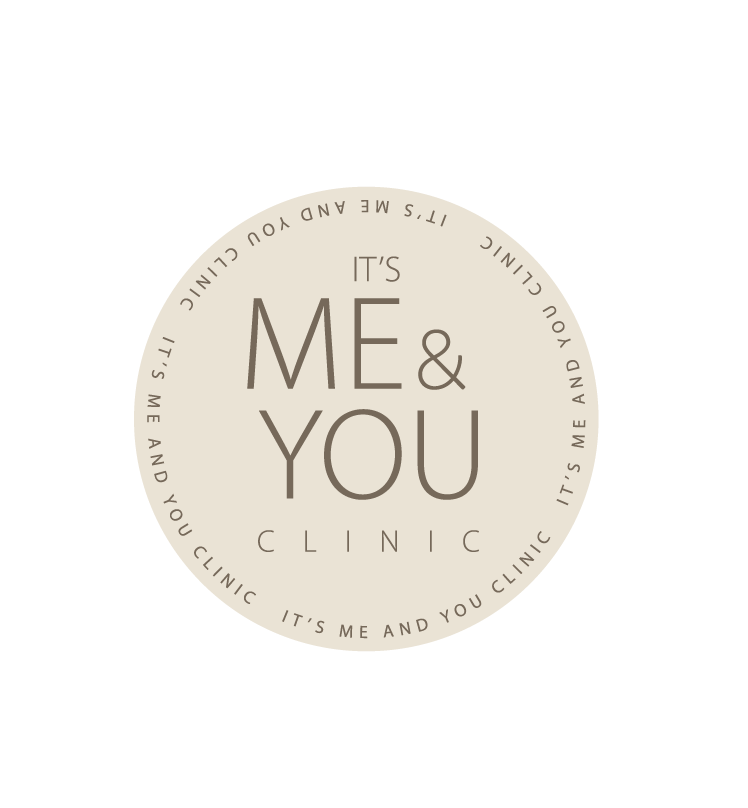Lip fillers are one of the most sought-after procedures because they enhance the lips. This article discusses when you can put lipstick after lip filler. It also gives guidelines for taking care of your lips after fillers and what could go wrong with lip fillers.
Lip care after lip augmentation is a crucial determinant of how fast healing will happen and how long the fillers will stay. Proper care must be given to avoid bruising and swelling to achieve good results after lip injection. Though no medical evidence has been given on why you cannot apply lipstick, medical experts recommend waiting for 24-48 hours before applying lipstick or any cosmetic product; this ensures the effectiveness of the filler and improves the filler results. After treatment, lips can feel tender; applying lip products could give them pressure. Though the healing process does not take long, giving your lips time before applying cosmetics is important.
Guidelines for Lip Care After Fillers
Guidelines for taking care of your lips are important, even though everyone’s experience after lip injection differs. After lip augmentation, ask your medical expert to guide you depending on your type of filler. Here are some general guidelines for care;
Avoid Strenuous Exercise or Heavy Work
Fitness is great for a healthy lifestyle; however, patients should avoid exercise after injection for 24-48 hours. The strenuous activities could elevate blood pressure and heart rate, worsening the swelling or bruising. While exercising, sweat could move to the lips causing bacteria and infection. Dehydration can also happen with exercising, which could undermine the product’s final appearance.
Avoid Rooms with Heat or High Temperatures
Hot yoga, saunas, steam baths, and hot showers should be avoided immediately after lip injection; heat can dilate blood vessels, increasing swelling and bruising. After the procedure, take showers with lukewarm water.
Do not Take Alcohol
Medical experts recommend advice against Alcohol after a dermal procedure; Alcohol is a blood thinner that could cause swelling and bruising.
Avoid Blood Thinning Medications
Medications such as fish oils, Motrin, ibuprofen, vitamin E, flax oil, and garlic are blood thinners and should not be taken shortly after the fillers; they could worsen the bruising.
Do Not Smoke
According to Kim et al. (2014), smoking increases the chances of infection after lip filler injections. It could also cause puckering of the lips, which applies pressure and causes pain. It is advisable to wait for a week or two before smoking again.
Do Not Drink Through a Straw
Using a straw after lip fillers is tempting but avoid it because it puts pressure on the lips, which could cause pain and discomfort. Instead of drinking through a straw, take small water gaps from a cup.
Avoid Makeup
Lipstick or other makeup products, such as lip gloss and lip balm, should not be applied 24-48 hours after the procedure (De Boulle &Heydenrych, 2015). Makeup products could contain chemicals that could irritate the lips. If you have to use a product on your lips, use a gentle product with SPF. Waxing, shaving, and using hair removal creams are also not advisable after the procedure.
Do Not Fly
The air pressure in a plane is not good for injected lips because it could cause dehydration. Products such as hyaluronic acid attract water that helps with hydration and gives the lips volume. It is advisable to avoid flying for a week after the procedure.
Avoid Spicy, Salty, and Hot Food
After lip injection, avoid spicy or salty foods for at least 48 hours; such foods have a burning and stinging sensation, which could cause itching and pain. Hot food could burn your lips and worsen some side effects. Patients should take foods that are easy to chew and avoid wiping or touching their lips.
Avoid Kissing or Massaging Your Lips
Only some types of fillers should be massaged to ease swelling. Depending on the type of filler you get, your cosmetic doctor should advise on how to care for your lips. Massaging causes pressure on the injected lips increasing swelling and bruising; Let your lips relax for a few weeks.
Can Lip Fillers Go Wrong?
Lip fillers could go wrong if an uncertified or experienced cosmetic doctor does the procedure. Some clinics offer low prices to attract customers, although they offer low-quality services. It is advisable to research the clinic and medical experts doing your procedure to ensure they are competent for the job (Trévidic et al.,2022). You should not feel your fillers. If you do, it could be a sign that you have been injected close to the lip surface or the filler has been injected in the veins, causing lumps. Naturally, your lips should feel smooth.
Other factors that could make a lip filler go wrong include having the procedure on people with;
- Active skin conditions like viral warts, impetigo, and herpes simplex.
- Inflammatory skin conditions include sensitive skin syndrome, active acne rosacea, and atopic patients.
- Active infections include urinary bladder infections, throat infections, and dental abscesses.
- Hypersensitivity to filler products such as lidocaine and chronic urticarial.
- HIV
- Inner body part transplants such as heart and kidney.
- Suffering from metabolic disorders such as diabetes Singh &Nooreyezdan(2020). Abnormal thin skin or skin atrophy due to long-term steroid use.
Frequently Asked Questions about Fillers
Can Fillers Move If You Touch Your Lips?
Fillers could migrate if much pressure is applied to the injected area. It is advisable to avoid massaging or having facials immediately after treatment.
Can I wash my face immediately after the injection?
Immediately after the injection, your face is cleaned. The medical expert will advise you to wait for hours before washing your face. When cleaning, you should be gentle.
Conclusion
It is best to plan before getting your lip injection. The lip fillers may need some time before full results are seen. Planning will allow you to move all activities weeks before or after the injection. Before lip augmentation, consult with your medical expert about complications’ signs and symptoms to prepare for any. Visit a qualified cosmetic expert for consultation before the procedure. More research needs to be done on the effects of makeup on injected lips because there needs to be more evidence to show that lipstick causes any side effects. However, patients should avoid them as a precaution to the lip fillers.
References
De Boulle, K., &Heydenrych, I. (2015). Patient factors influencing dermal filler complications: prevention, assessment, and treatment. Clinical, cosmetic and investigational dermatology, 8, 205.
Kim, J. H., Ahn, D. K., Jeong, H. S., & Suh, I. S. (2014). Treatment algorithm of complications after filler injection: based on the wound healing process. Journal of Korean Medical Science, 29(Suppl 3), S176-S182.
Singh, K., &Nooreyezdan, S. (2020). Nonvascular Complications of Injectable Fillers—Prevention and Management. Indian Journal of Plastic Surgery, 53(03), 335–343.
Trévidic, P., Kaufman-Janette, J., Weinkle, S., Wu, R., Dhillon, B., Antunes, S., … &Maffert, P. (2022). Injection guidelines for treating midface volume deficiency with hyaluronic acid fillers: the ATP approach (anatomy, techniques, products). Aesthetic Surgery Journal.
- Exploring Just CBD: A Comprehensive Review - April 18, 2024
- Just CBD FL: A Comprehensive Review - April 11, 2024
- Dermal Fillers, Anti-Wrinkle Injections in Stoke D’abernon KT11 - March 16, 2024

